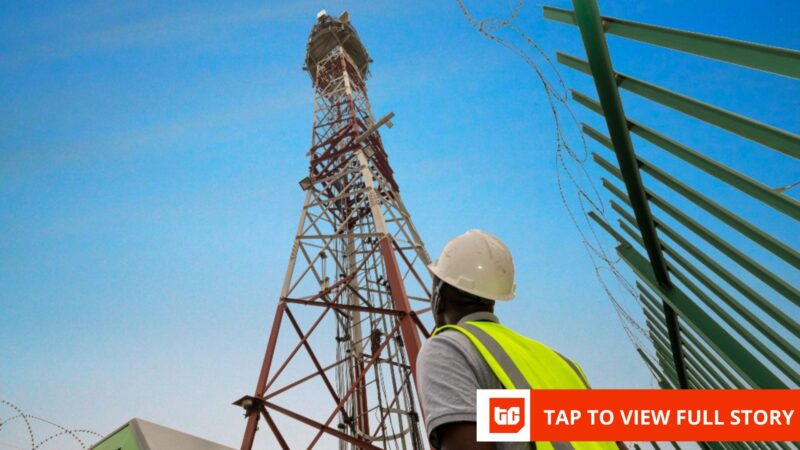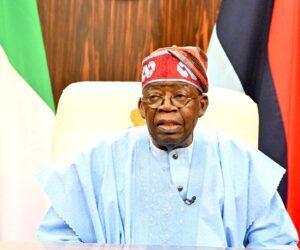Globacom has strengthened its position as Nigeria’s second-largest tower operator, expanding its tower assets to 8,773.6 in 2024—up from 8,550 in 2023—according to the latest industry data from the Nigerian Communications Commission (NCC). The move highlights the company’s infrastructure investment drive to enhance network quality, expand coverage, and position itself competitively in a challenging market.
Globacom is the only mobile network operator (MNO) in Nigeria that builds and manages all its tower assets directly. In contrast, MTN Nigeria—the country’s largest telecom operator—retains just about 1% of its tower infrastructure, relying on IHS Towers and American Tower Corporation (ATC) to meet its tower requirements.
The NCC’s 2024 annual report shows that Nigeria’s telecoms industry had 39,880 towers as of December 2024. Of these, mobile network operators (MNOs) collectively owned 9,283 towers, while independent tower companies (TowerCos) controlled about 30,597. The TowerCo market was dominated by IHS Nigeria, with 47% market share, Globacom (22%), and ATC (21%), followed by other smaller infrastructure providers.
Globacom’s expanding tower portfolio highlights its commitment to network growth and service quality enhancement, despite an industry-wide slowdown marked by subscriber losses and rising operational costs. The renewed infrastructure investment also follows a major setback in 2024, when the company’s subscriber base dropped to around 19 million due to the National Identification Number (NIN)–SIM linkage policy, which prompted an audit by the Nigerian Communications Commission (NCC). By December 2024, however, Globacom had recovered to over 20.1 million active voice subscribers, securing a 12.23% share of Nigeria’s mobile GSM market.
While 2024 was a year of consolidation for Nigeria’s telecom sector, it also saw record investments. Total capital expenditure (CAPEX) across operators surged by 159.03%, from ₦1.12 trillion ($1.90 billion) in 2023 to ₦2.9 trillion ($2.03 billion) in 2024, driven by inflation, exchange rate unification, and the need for network modernisation. Much of this investment went into upgrading facilities and expanding digital infrastructure, an area where Globacom played an active role.
The NCC noted that the collocation and infrastructure-sharing segment generated over ₦2 trillion ($1.4 billion) in revenue in 2024, a 79.1% increase from 2023. However, operating costs also more than doubled, rising 110% to ₦961.9 billion ($673.3 million), reflecting the impact of higher import costs for network equipment, most of which is sourced internationally.
For Globacom, these investments in tower growth and infrastructure upgrades are strategic. The operator’s expansion of physical assets supports improved network reliability, stronger data speeds, and wider coverage, particularly in underserved and rural areas. This aligns with national goals to bridge Nigeria’s digital divide and boost broadband penetration.
Globacom’s growth in tower assets serves several critical functions. It enables network expansion and improved coverage, bringing reliable voice and data connectivity to millions of users across previously underserved regions. Second, it contributes to enhanced service quality, with more towers helping to reduce network congestion and minimise dropped calls: frequent pain points for subscribers.
Additional towers strengthen Globacom’s readiness for advanced technologies such as 4G expansion and future 5G deployment. These capabilities are essential for supporting new-age services like high-definition streaming, mobile financial services, and the Internet of Things (IoT), all of which are key drivers of Nigeria’s digital economy.








